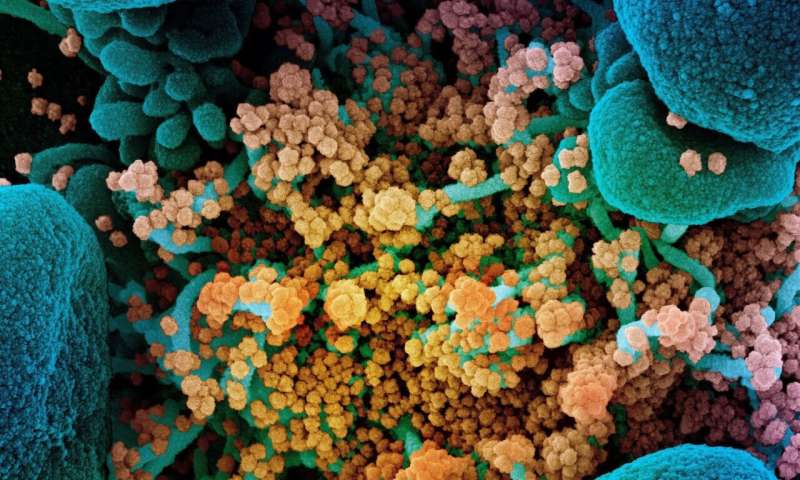

Although SARS-CoV-2 has taken the world by storm, it’s not the only coronavirus that can infect humans. But unlike SARS-CoV-2, common human coronaviruses (HCoVs) generally cause only mild disease. Now, researchers reporting in ACS Infectious Diseases have shown that infections with two different HCoVs don’t generate antibodies that effectively cross-react with SARS-CoV-2. So, prior infection with HCoVs is unlikely to protect against COVID-19 or worsen a SARS-CoV-2 infection through antibody-dependent enhancement (ADE), the researchers say.
Because SARS-CoV-2 shares significant sequence similarity with its HCoV cousins, researchers have wondered if the immune system might recognize the new coronavirus from prior bouts with HCoVs. This could re-activate memory B cells, causing them to produce antibodies that helped the person overcome previous HCoV infections, and might also help fight COVID-19. On the other hand, if the antibodies against HCoVs recognize SARS-CoV-2, but not strongly enough to generate an immune response, they could cause ADE. In this rare condition, sub-optimal antibodies actually help some viruses attach to and enter host cells, making the infection worse. Sebastien Fiedler, Tuomas Knowles and colleagues wanted to compare the strength and concentration of antibodies against HCoVs and SARS-CoV-2 in the sera of nine recovered COVID-19 patients and in three pre-pandemic sera.
Source: Read Full Article